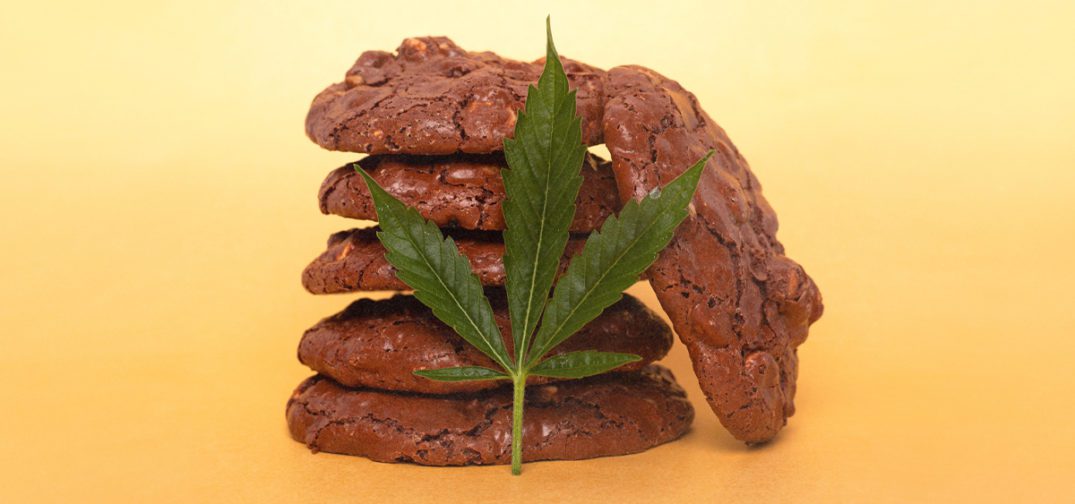The Virginia Department of Agriculture and Consumer Safety (VDACS) said last week that, despite broad cannabis legalization in the state, delta-8 and other intoxicating synthetic cannabinoids remain illegal food adulterants.
“VDACS’ communication will advise that any chemically-synthesized cannabinoid is a food adulterant and any person who manufactures, sells, or offers for sale a chemically-synthesized cannabinoid, including delta-8 THC, as a food or beverage is in violation of the Virginia Food and Drink Law.” — VDACS in a press release
Joseph Guthrie, VDACS commissioner, indicated that the agency would encourage “voluntary compliance” but “once regulatory options are exhausted, the case could be referred to a Commonwealth’s Attorney for further enforcement.”
The guidance does permit products containing less than 0.3% of synthetic THC to be sold in the state to individuals aged 21 and older.
The agency said that when it “identifies the production or sale of a food containing an adulterant, it will encourage voluntary compliance by asking the business to discontinue the practice.”
“If voluntary compliance is not achieved, VDACS will utilize various escalating enforcement tools to achieve compliance,” the agency said, “with the highest penalty prescribed under Virginia law a Class 1 misdemeanor.”
VDACS also warned that businesses may not sell products that infringe on the trademark of non-cannabis products or other “famous” brands or any product “that depicts or is in the shape of a human, animal, vehicle, or fruit.”
Virginia Attorney General Jason Miyares said such products are “deceiving” and “have led to an increase in accidental consumption” among children.
The Virginia Legislature legalized cannabis for adult use last April but the rollout of the program has faced pushback with the election of Republican Gov. Glenn Youngkin, who opposes the reforms.
Get daily cannabis business news updates. Subscribe
End
